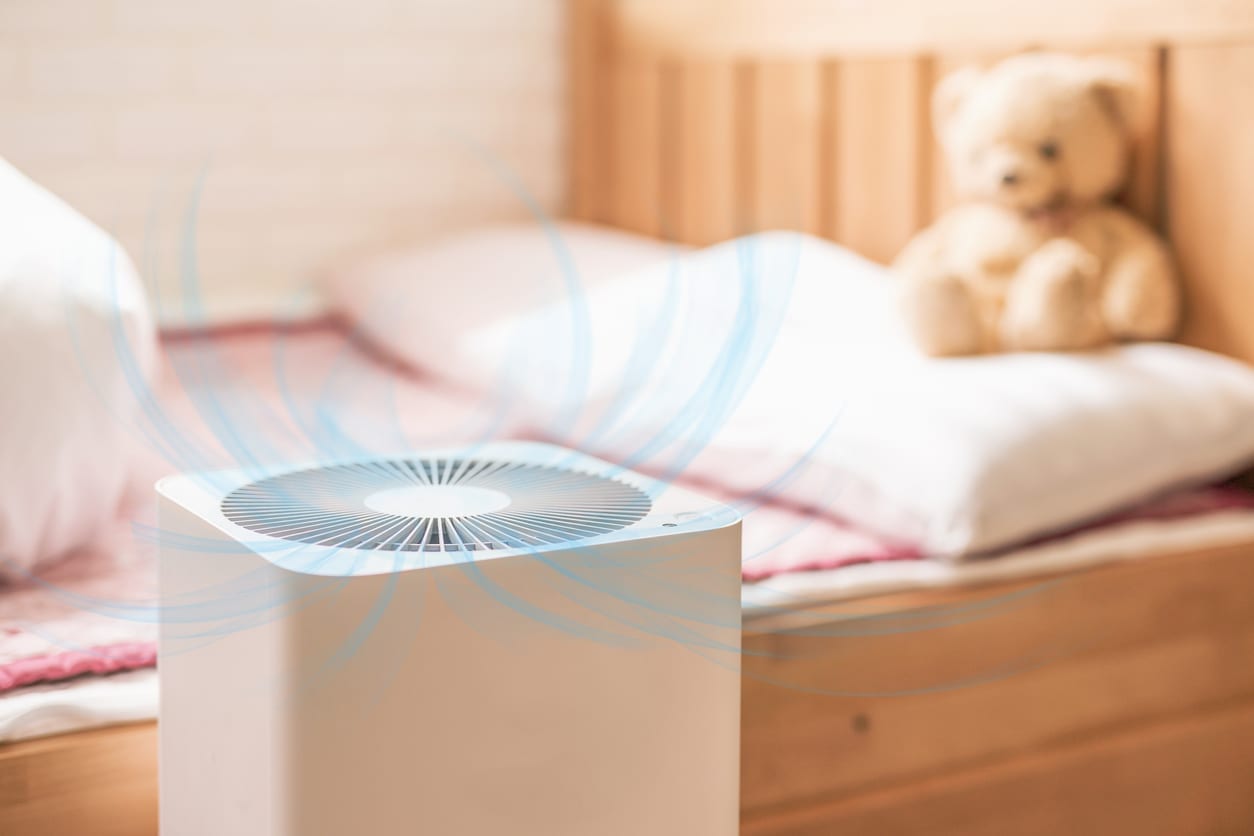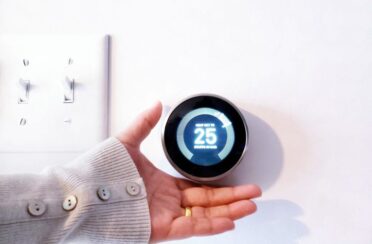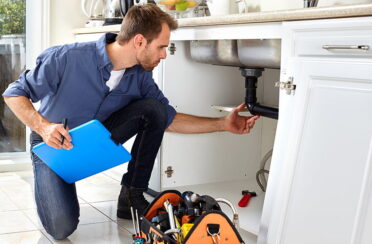 Congratulations! You’ve just had a new baby! You’re always careful to make sure their bottle is just the right temperature and they’re being fed and bathed properly. You attend to every little detail. But there are always a few details you might not think about, but which are still important to take care of. For instance – what’s the ideal baby room humidity level?
Congratulations! You’ve just had a new baby! You’re always careful to make sure their bottle is just the right temperature and they’re being fed and bathed properly. You attend to every little detail. But there are always a few details you might not think about, but which are still important to take care of. For instance – what’s the ideal baby room humidity level?
Ideal Baby Room Conditions
When babies are born, they’re not as good yet at adapting to their environment – enduring conditions that are a bit too hot, too cold, too wet, too dry, etc. It’s a skill we develop as we get older. Because of this, for the first few months of your baby’s life, their environment should be carefully controlled.
Babies do well in conditions of higher humidity. Some doctors even recommend keeping baby room humidity between 50 and 70 percent. The problem with that is, high humidity fosters the growth of bacteria in the air, which can lead to your baby getting sick. The ideal humidity level to keep bacteria and viruses at bay is between 30 and 50 percent, so keep the baby’s room at around 50. You may be able to bump that up to 55 percent if you’re careful and keep it clean.
Controlling Baby Room Humidity
So how do you control humidity to that precise a level? Many new parents invest in a portable humidifier for the baby’s room, to keep things wetter there. Unfortunately, most portable models don’t offer much control over the precise humidity levels in the room. They simply convert water into vapour, turning the room into a sauna if not monitored carefully.
In order to keep humidity between 50 and 55 percent, you may want to invest in a whole-house humidifier. The humidistat lets you set your desired humidity level, and it’s carefully regulated to make sure just the right amount of moisture goes into the air – no more, no less.
To learn more about humidity and other HVAC topics, contact us at Arpi’s Industries today. We proudly serve all of Calgary’s heating and cooling needs.
Our goal is to help educate our customers in Calgary, Alberta about energy and home comfort issues (specific to HVAC systems). For more information about other HVAC topics, download our free Home Comfort Guide.


